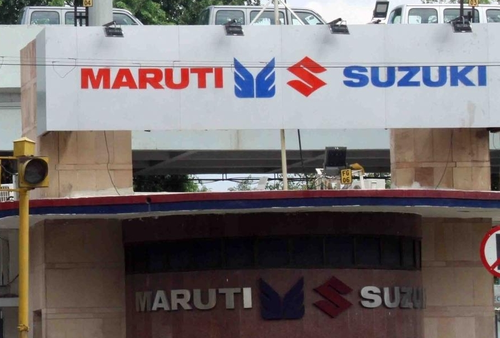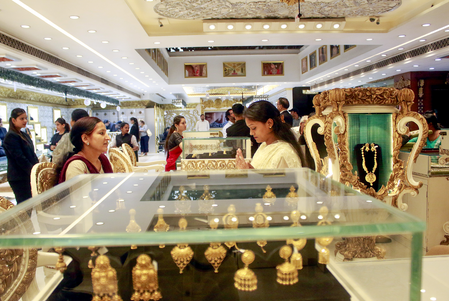New Delhi, 5 June (IANS). Giving information on Thursday, Maruti Suzuki India Limited said that the company dispatted a record 5.18 lakh vehicles through Indian Railways in FY 2025 as part of its commitment to strengthen green logistics.
Maruti Suzuki currently uses the railway using more than 20 hubs, from where more than 600 cities across India are served.
Railways are also used at the port places of Mundra and Pipavava used by the company for exports.
The main advantage of the Railways is that it provides low emissions of transportation and energy-efficient mode. In addition, it also helps in reducing road congestion.
On this achievement, Maruti Suzuki Managing Director and CEO Hisashi Tekauchi said, “Lowering carbon emissions in both our products and our operations is the top priority for us. Maruti Suzuki was the first company in India, which received the automobile-plant-train-operator license in 2013. Since then, we have sent about 24 lakh vehicles till the railway modes, we have sent about 24 lakh vehicles through the railway modes. Through the railways, they are planning to increase the share of vehicle dispatch to 35 percent. “
From the financial year 2014-15, there has been an increase in vehicle dispatch by Maruti Suzuki through the railway.
Prime Minister Narendra Modi inaugurated India’s first automobile in-plant railway siding in the company’s Gujarat manufacturing facility in 2024.
The company’s statement said that currently, Maruti Suzuki operates more than 40 Flexi deck rakes, each of which has a capacity to carry around 300 vehicles per trip.
From the financial year 2014-15, a total of 24 lakh (2.4 million) vehicles sent by Maruti Suzuki via Railways have helped reduce more than 1.8 lakh tonnes of COTOI (carbon dioxide) emissions and saving more than 630 lakh (63 million) liters of fuel.
Meanwhile, the goods carried by Indian Railways have increased from 1,055 million tonnes in 2013-14 to 1,617 million tonnes in 2024-25, making it the second largest carriage in the world.
Using the calculations made by experts, this change of goods from the road to the railways has helped the country to save more than 143 million tonnes of COTU emissions, which is equivalent to planting 121 crore trees.
-IANS
SKT/GKT






